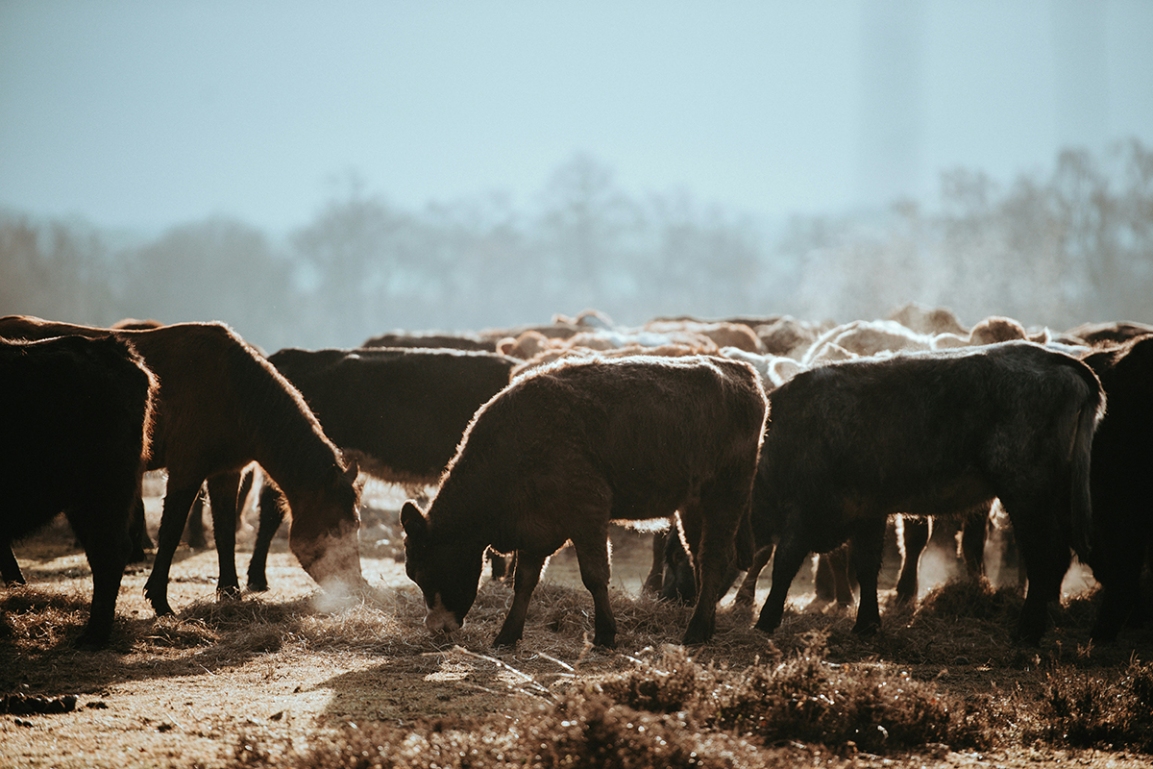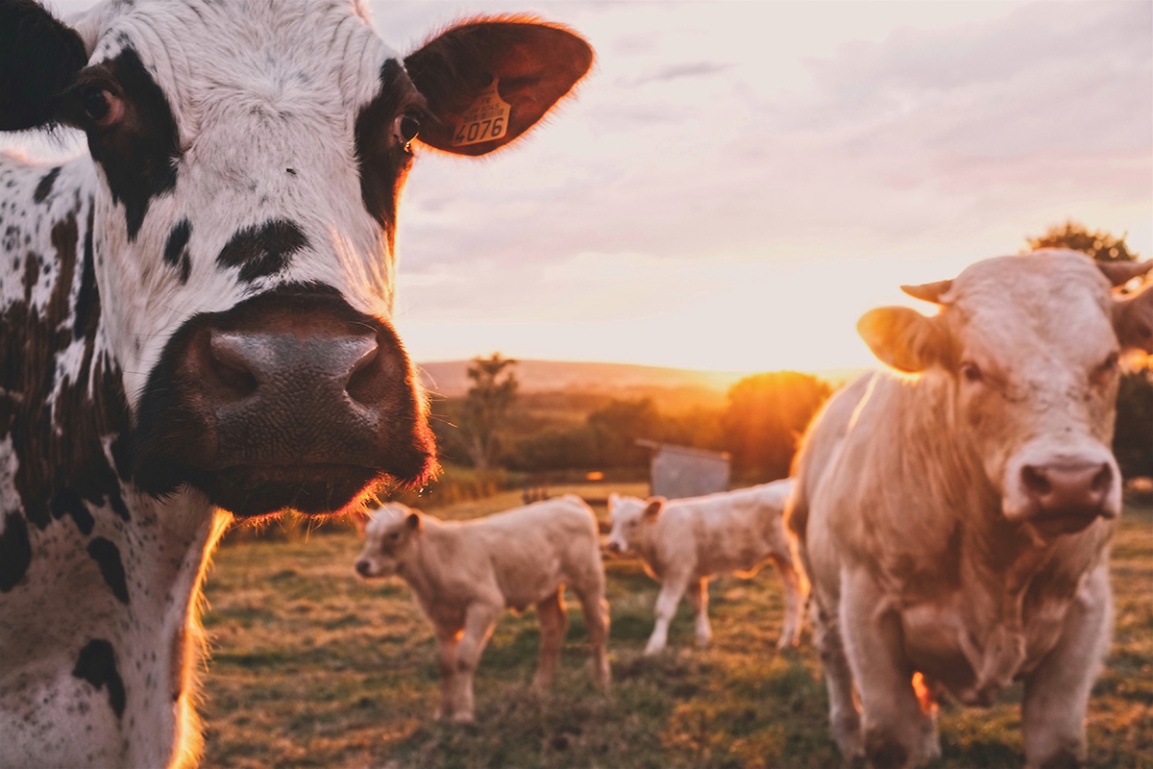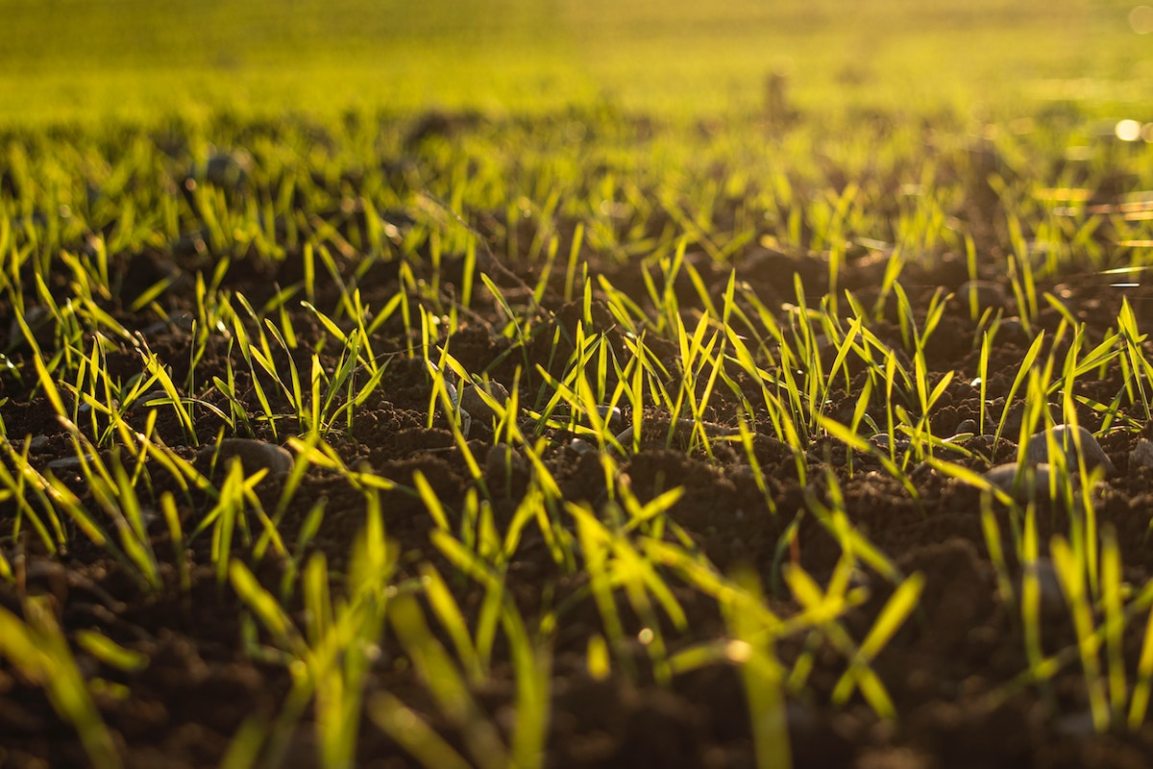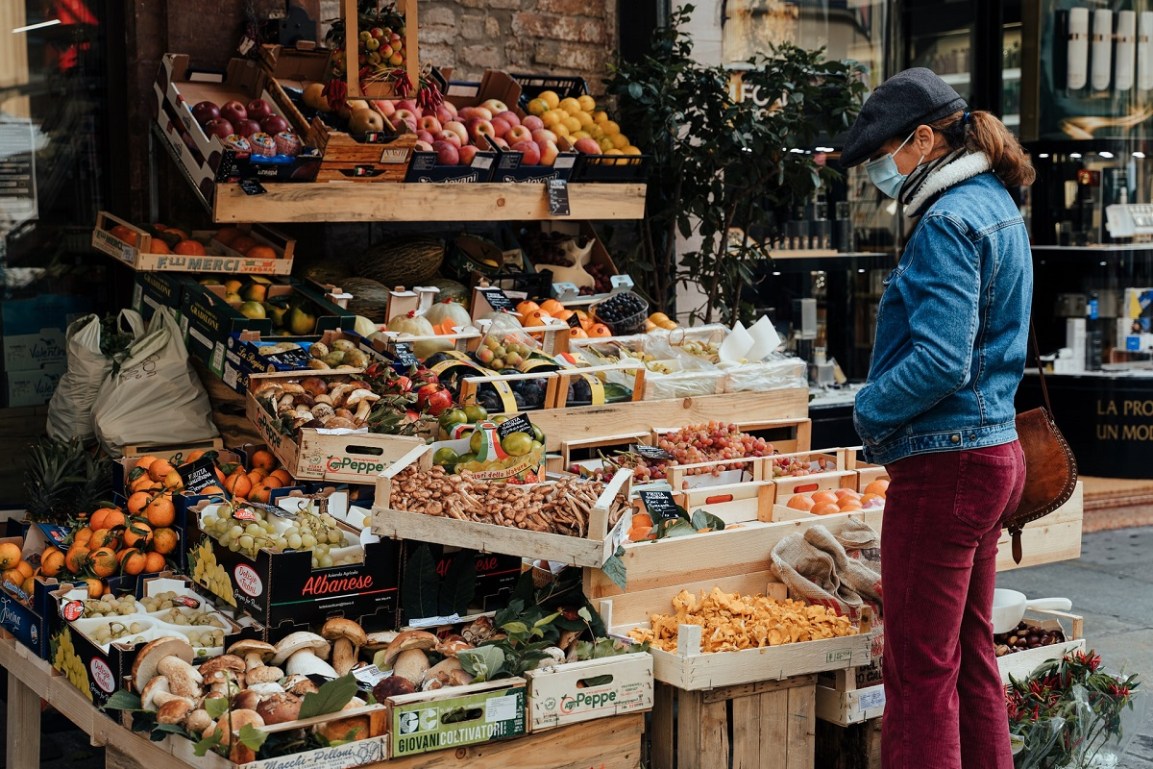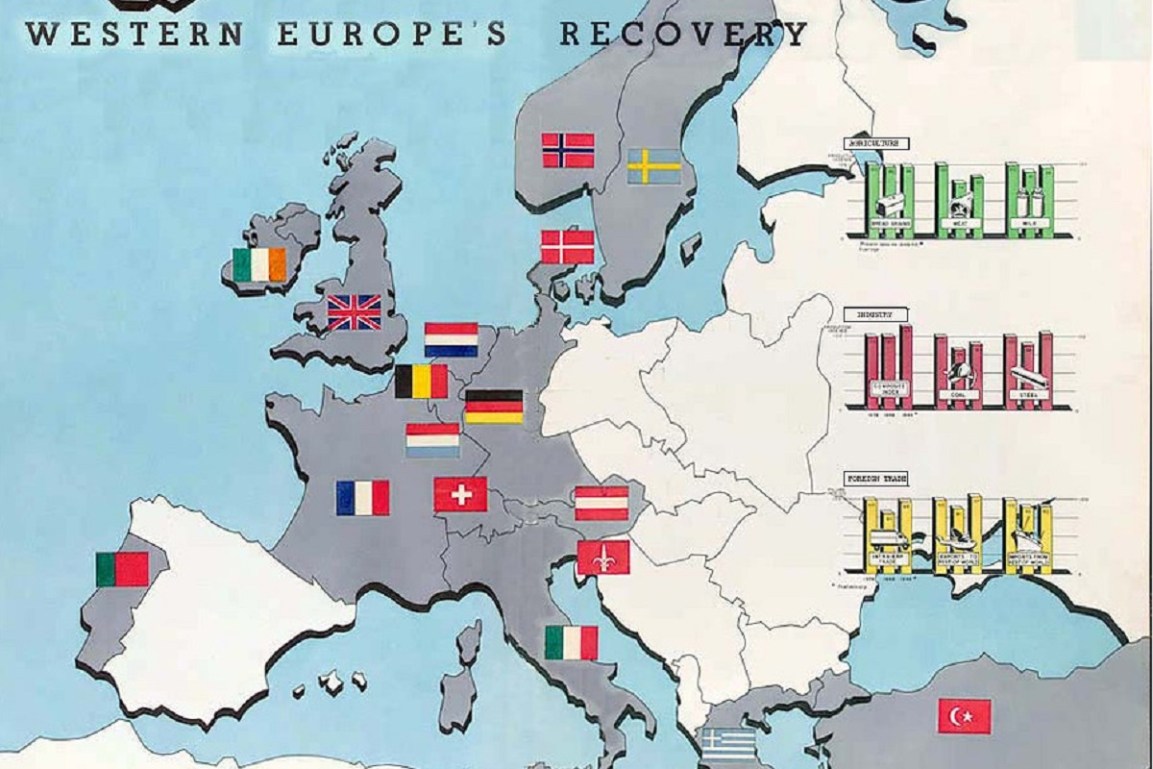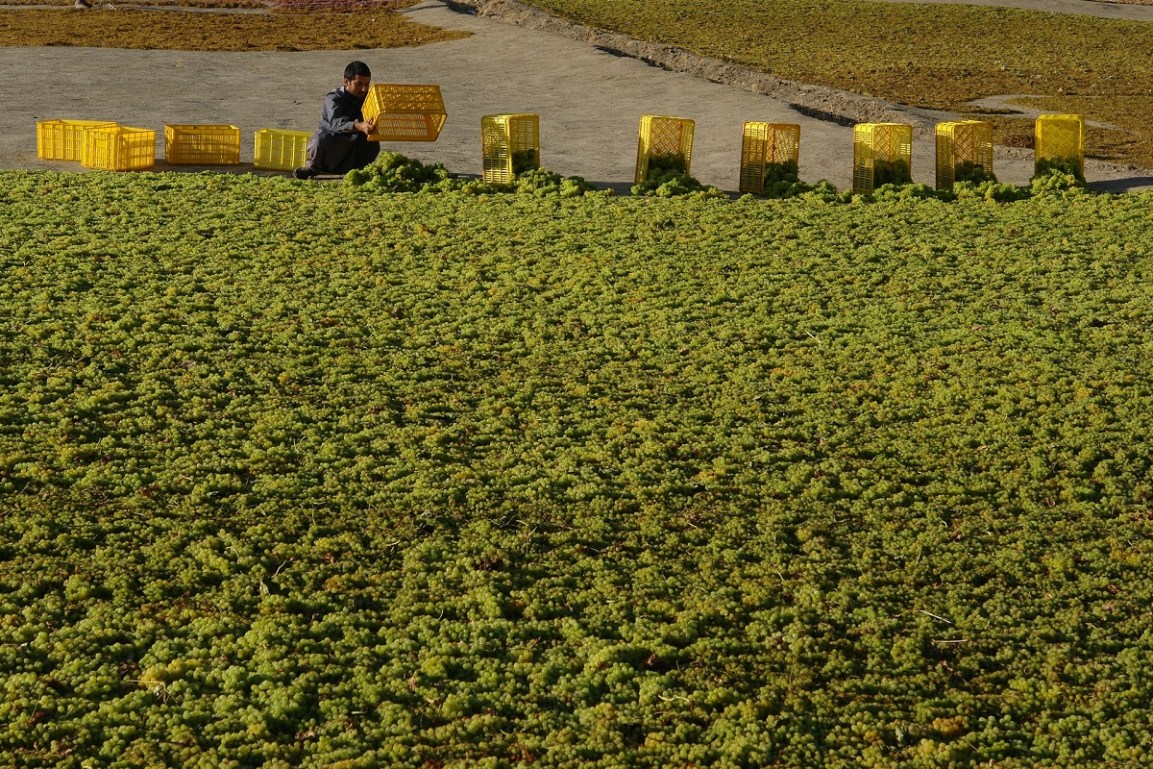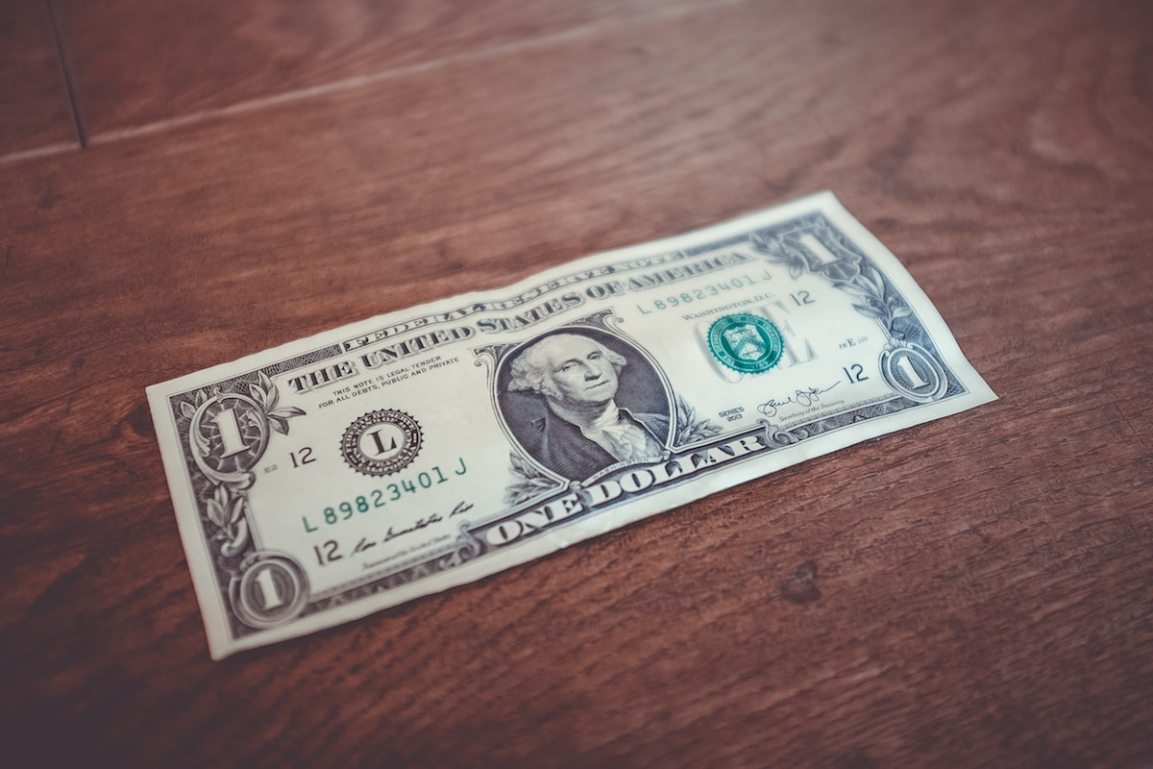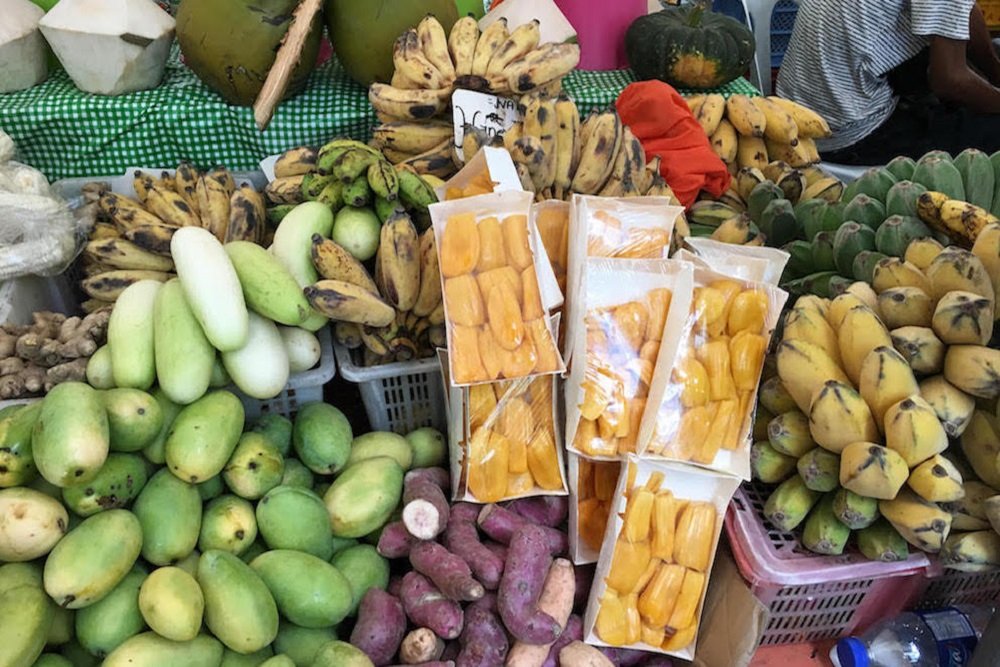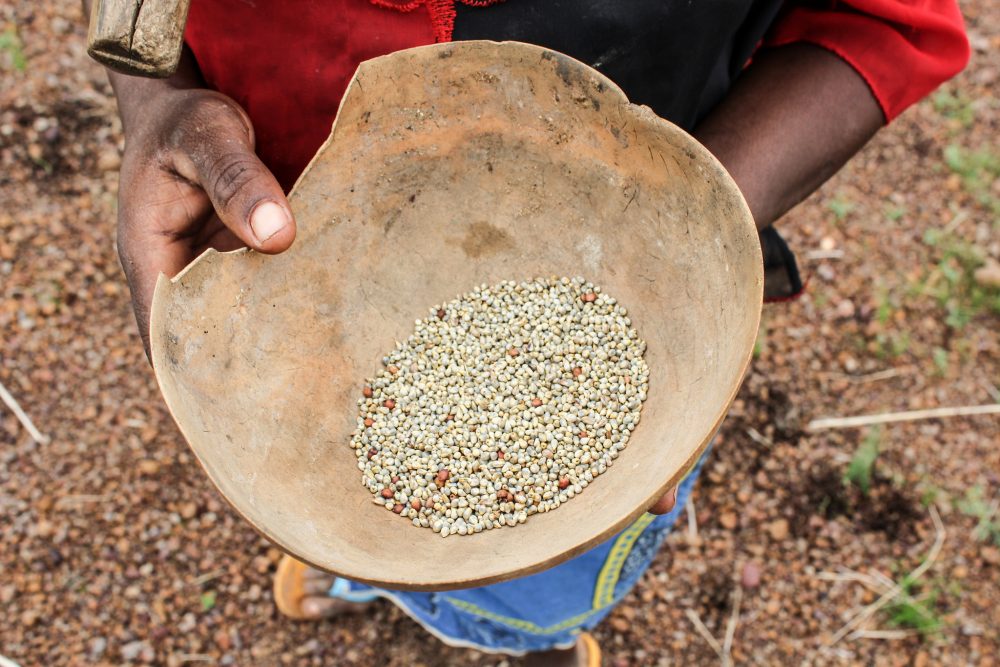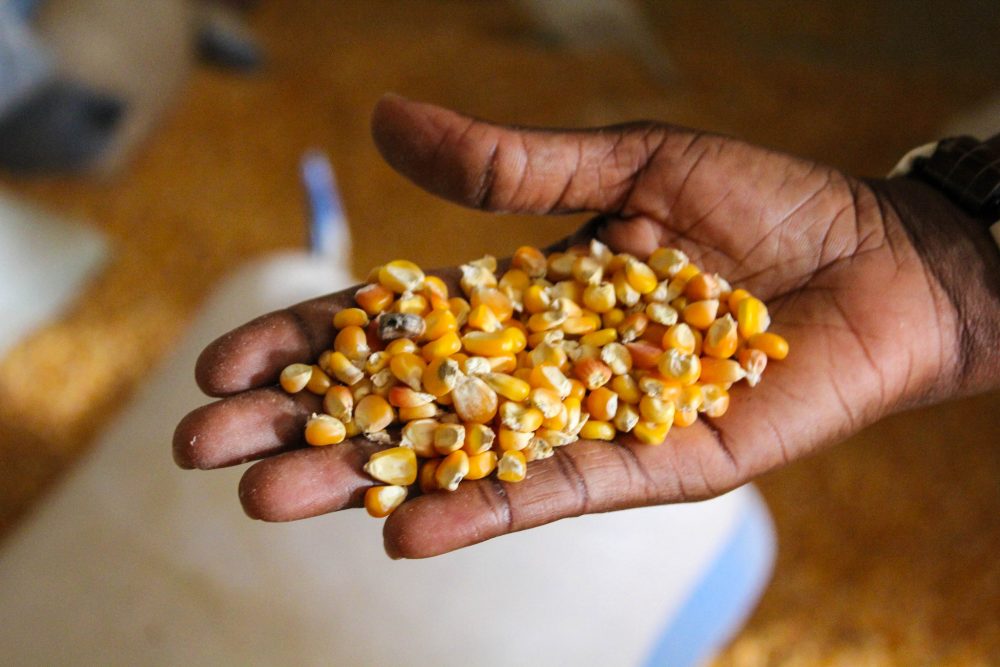As we explore the green frontier with solar cars and solar cows, a holistic approach considering the entire lifecycle of these technologies is fundamental.
Category: resilience
Ending Hunger Sustainably
Feeding the poor doesn’t have to come at the expense of saving the planet, and vice versa. But it requires looking at food systems holistically – a major departure from the current siloed approach. To avoid unintended consequences, it is essential to quantify any trade-offs with data.
A Resilient World Where No One Is Left Behind (Español)
This year an additional 49 million people may fall into extreme poverty due to the COVID-19 pandemic, leaving the most vulnerable people in the worst case scenario.
COVID-19 Has Shown Us Inequality and How to Treat It
In a few years, the pandemic will be behind us. We can decide whether we also leave behind deeply entrenched inequality and the structural drivers that cause them.
A Post-War Playbook for a Post-COVID Recovery
The pandemic has wiped out entire sections of many developing economies. Any policy intervention should treat the fight against COVID-19 like a war and the hardest-hit economies like conflict zones.
Prepare Agriculture for the Next COVID-19
It’s not enough to slog along at the bottom of the recession in a U-shaped recovery. There will be more COVID-19s to come, and this is a rare opportunity to build resilience to manage risks.
Boost Resilience Against the Coronavirus Recession. Here’s How.
The coronavirus pandemic has delivered a dual shock to supply and demand in quick succession. It’s a serious threat to food security because even though there is enough food for everyone in the world, it’s not a given that people have access to it.
Policy Brief: Sustainable Prevention of Food Crises in Sub-Saharan Africa
Food crises and distress migration will continue to plague the African continent in the decades ahead, unless massive investments are made to make the region’s agriculture and food systems more resilient.
Grappling with Grain Prices
We propose three global collective actions to meet these goals: the creation of a small emergency physical food reserve; an international co-ordinated global food reserve; and a virtual reserve. These actions bring together developed and developing countries for a sustainable policy response to a global crisis.
Policy Brief: Physical and Virtual Global Food Reserves to Protect the Poor and Prevent Market Failure
The current food crisis has several causes—rising demand for food and feed, biofuels, high oil prices, climate change, stagnant agricultural productivity growth—but there is increasing evidence that the crisis is being made worse by the malfunctioning of world grain markets. Given the thinness of major markets for cereals, the restrictions on grain exports imposed by … Continue reading Policy Brief: Physical and Virtual Global Food Reserves to Protect the Poor and Prevent Market Failure
